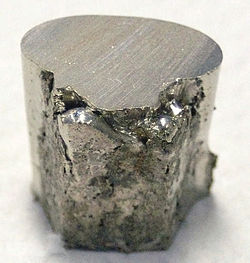Mind you, in another version of the story, Pandora was the first woman. She was made by the Gods to punish mankind after Prometheus stole fire, and they made her beautiful to enslave men for ever.
Neat, eh?
A pandora is one of these, too:
That's a 4th century image of a Muse playing a pandora. Nowadays you're more likely to hear someone playing its descendant, which has come to be called a banjo.
A pandora is also a fungus that infests aphids (not much of a life, eh?), a sort of sea bream, a shellfish, and a moth:
The moth larvae live in pine trees in California. The Forest Service hate them for eating the leaves of the trees, but the Paiute Native Americans find the larvae jolly tasty. They roast the larvae:

for half an hour in sand, then they dry them. The larvae can then be stored for up to two years before being boiled to reconstitute them.
Yum.
Symbion pandora is a tiny aquatic animal that lives in lobsters' mouths. Symbion pandora is an odd thing - the way it reproduces involves the females' digestive systems collapsing and turning into a larva.
And if that sounds tough then pity the poor male, who has no digestive system at all.
It really makes all the troubles of man seem quite manageable, doesn't it.
Word To Use Today: pandora. This word comes from the Greek and means all-gifted.























